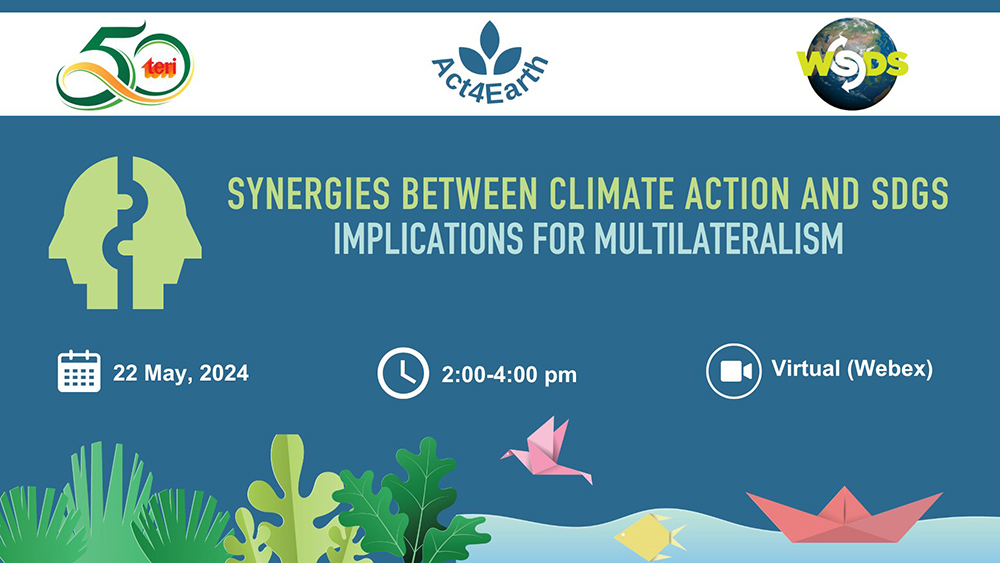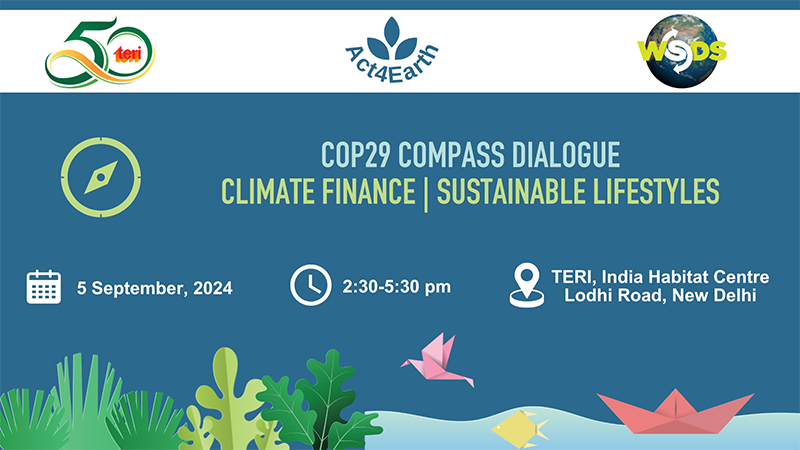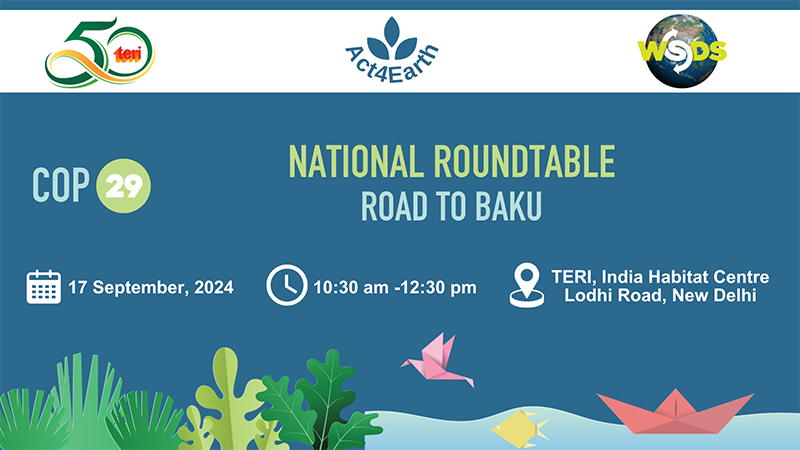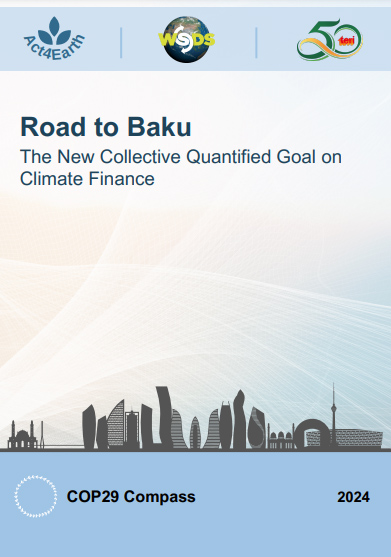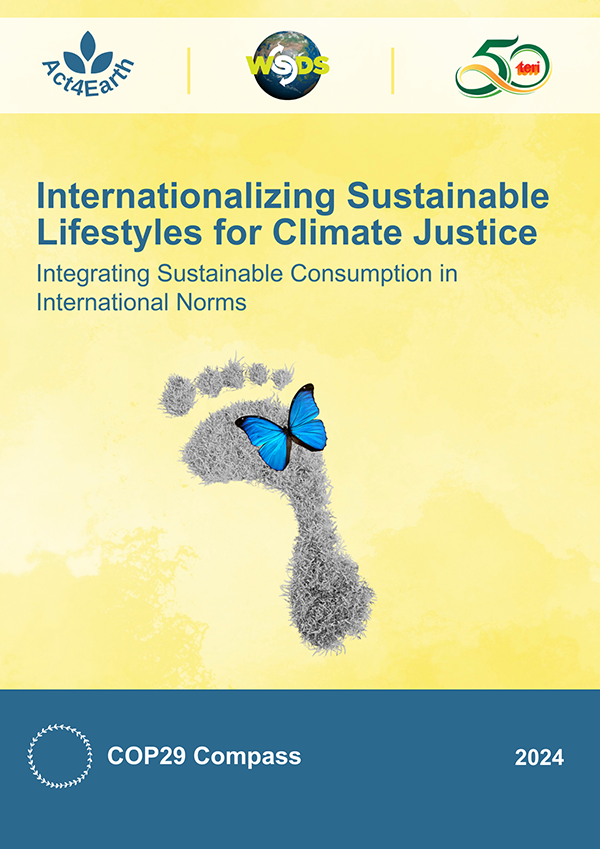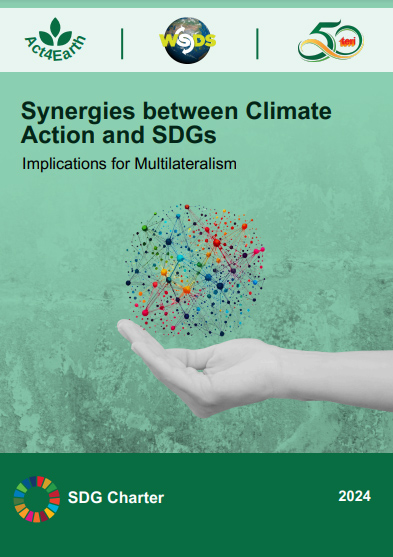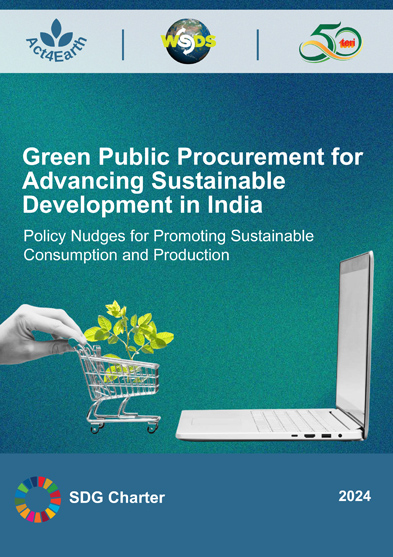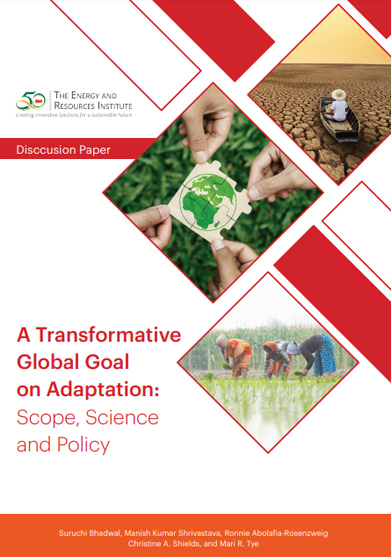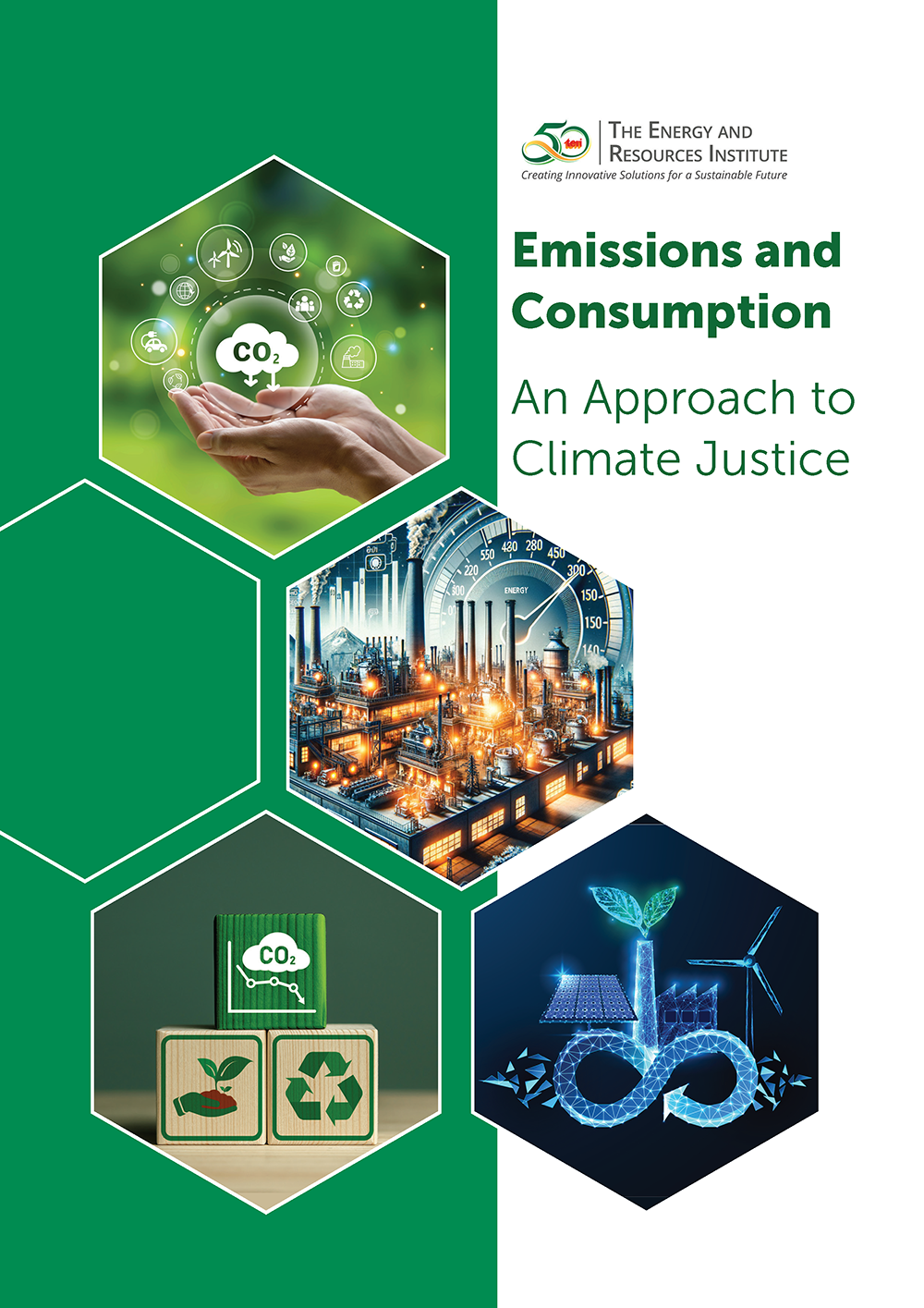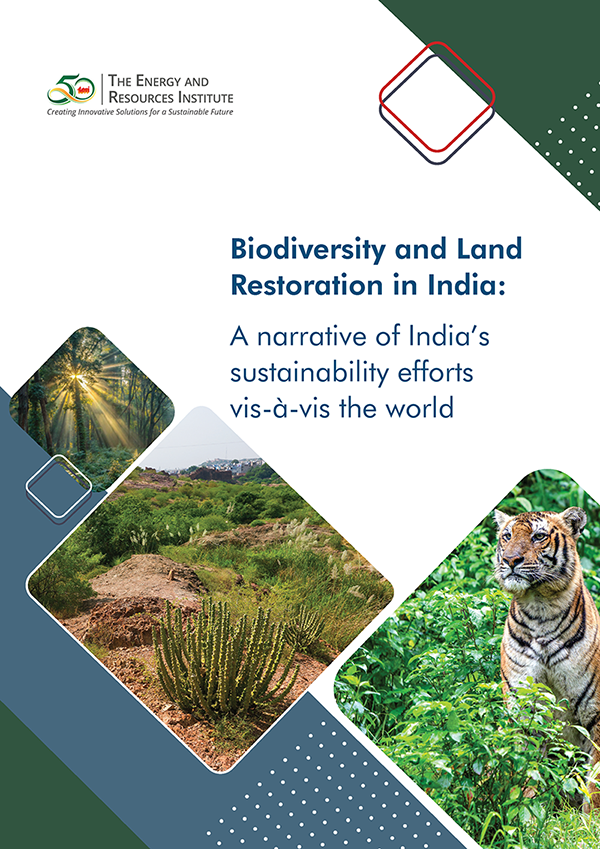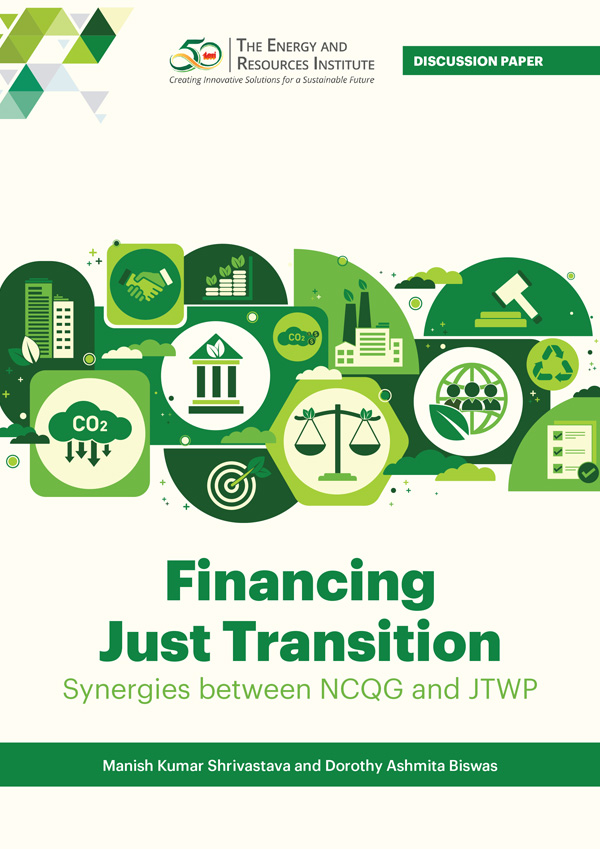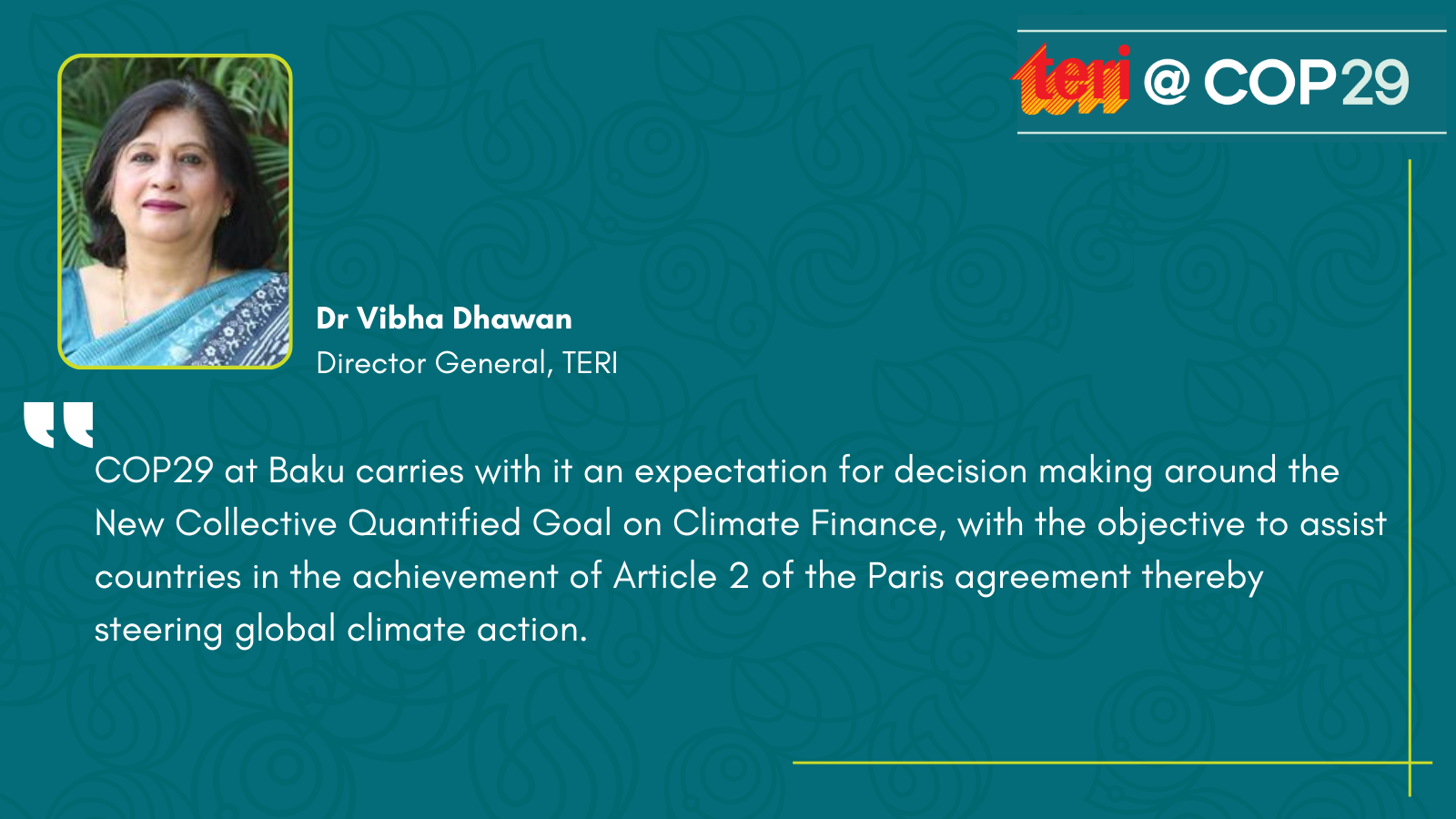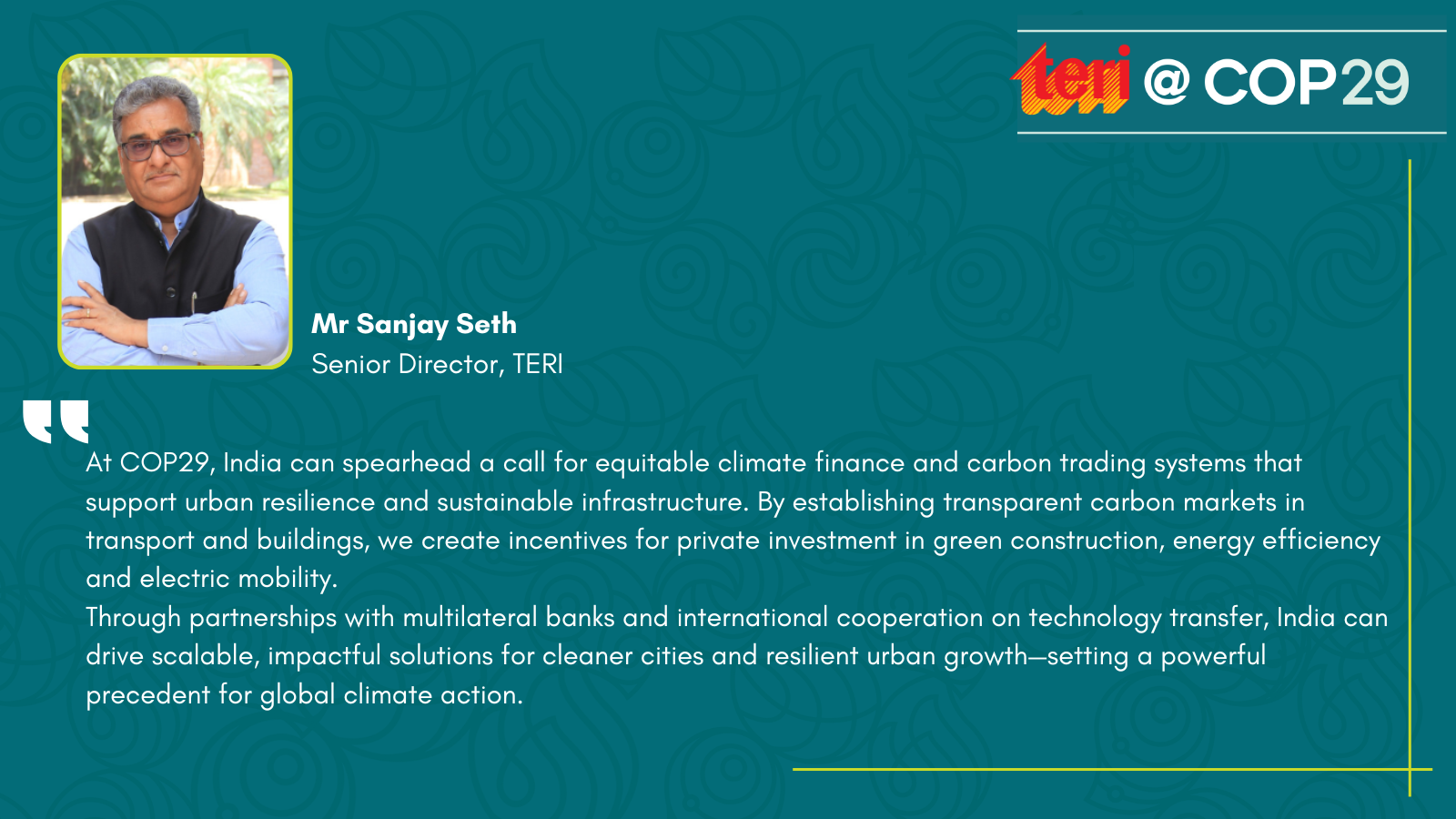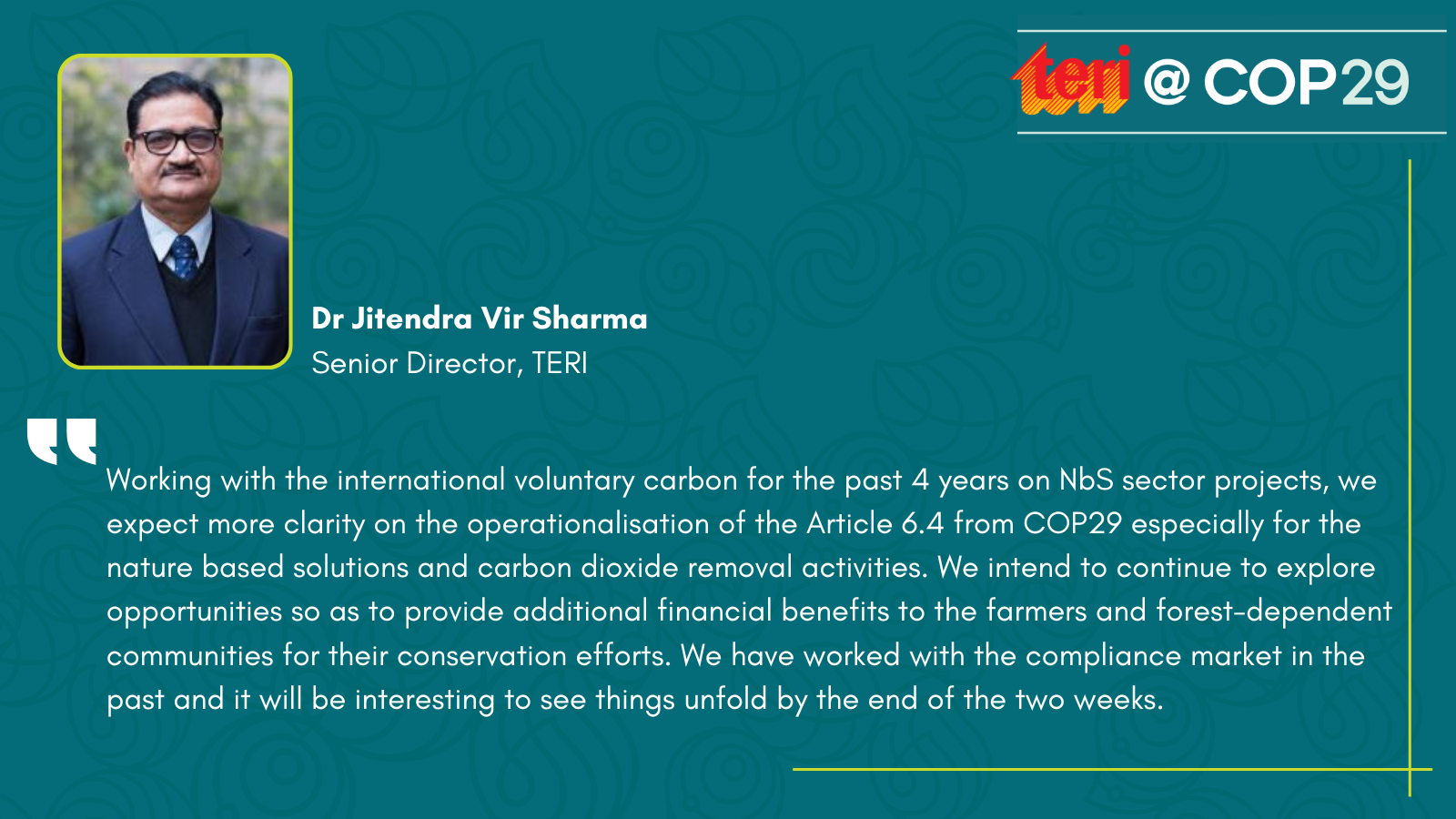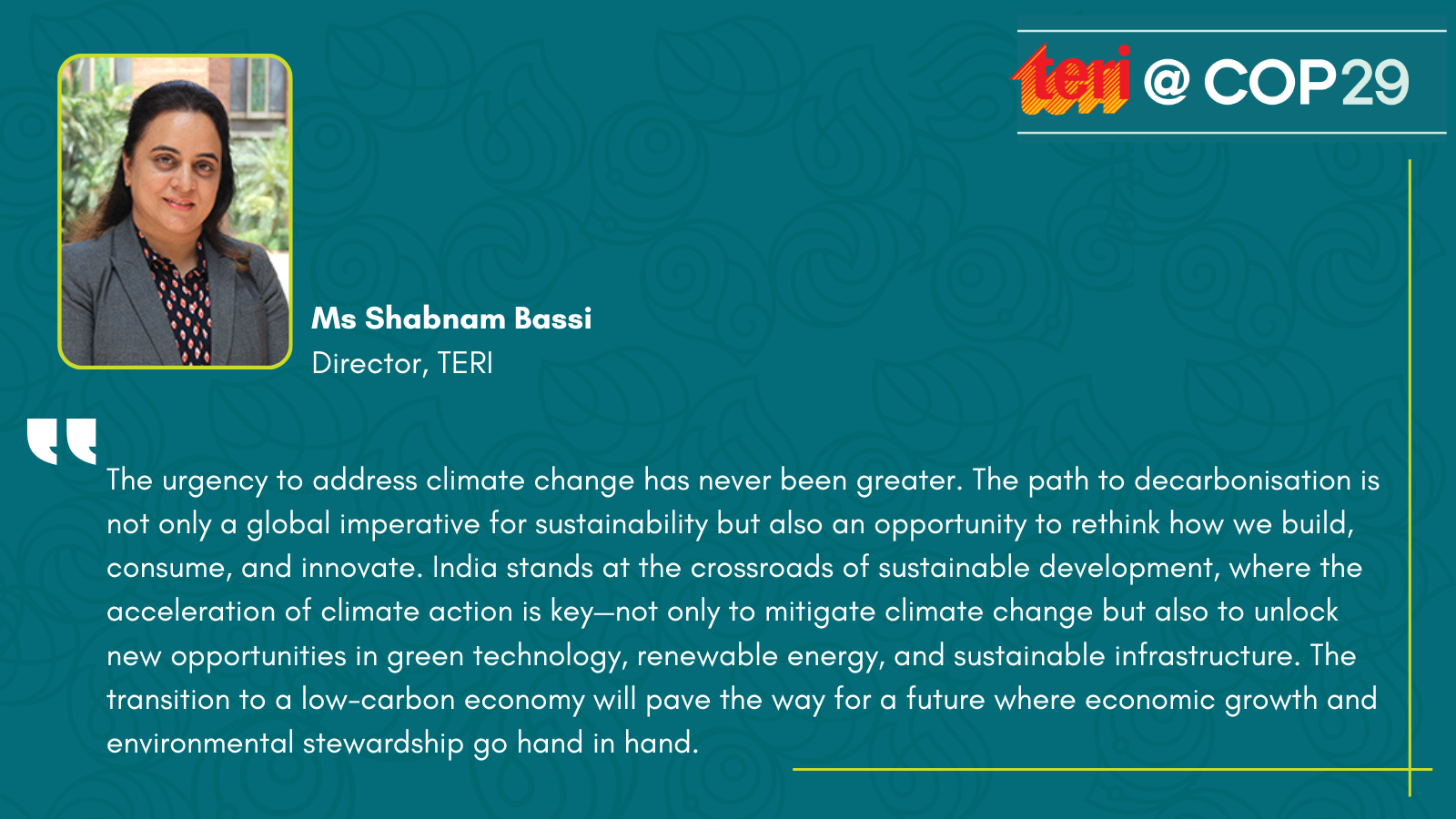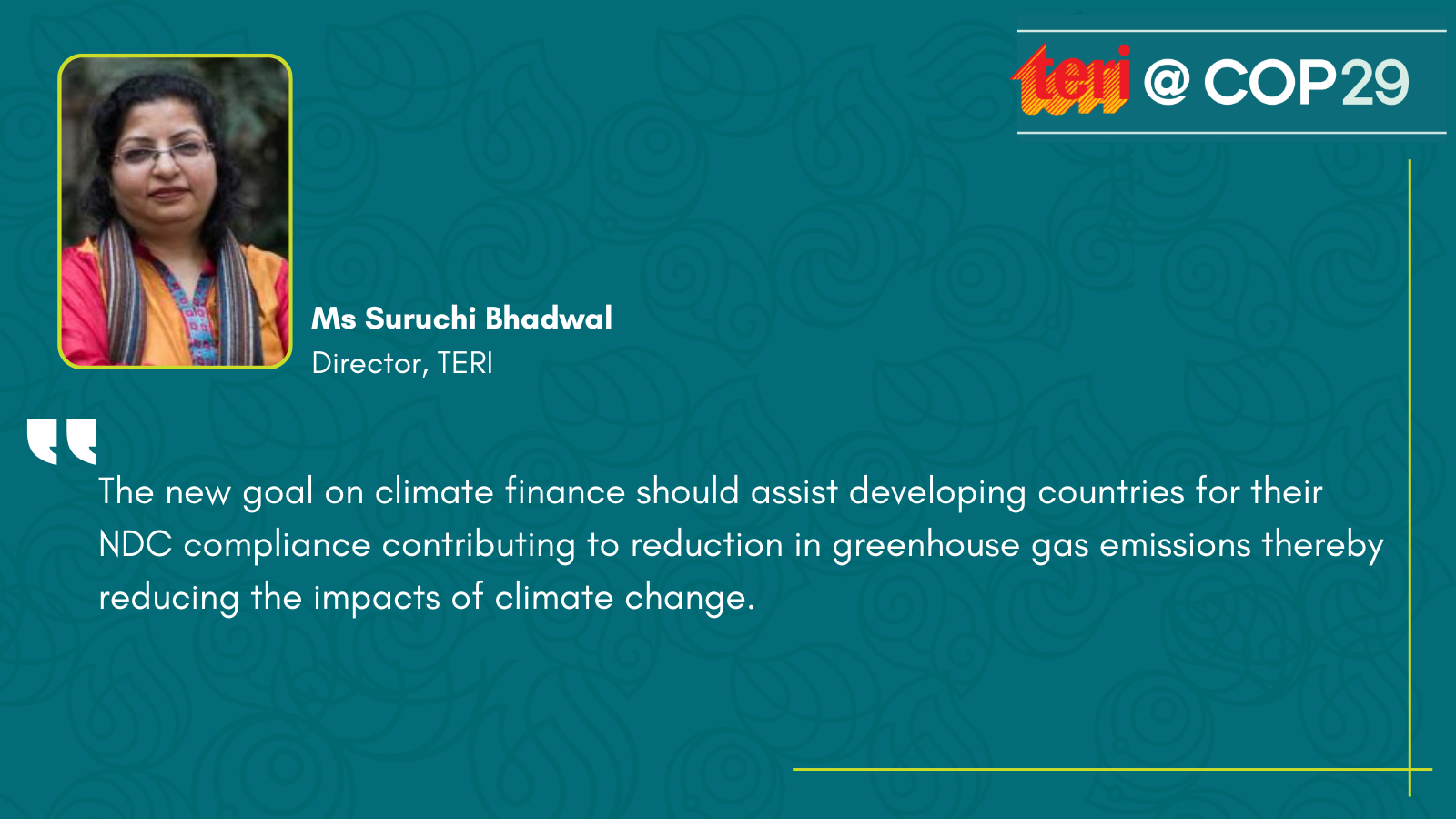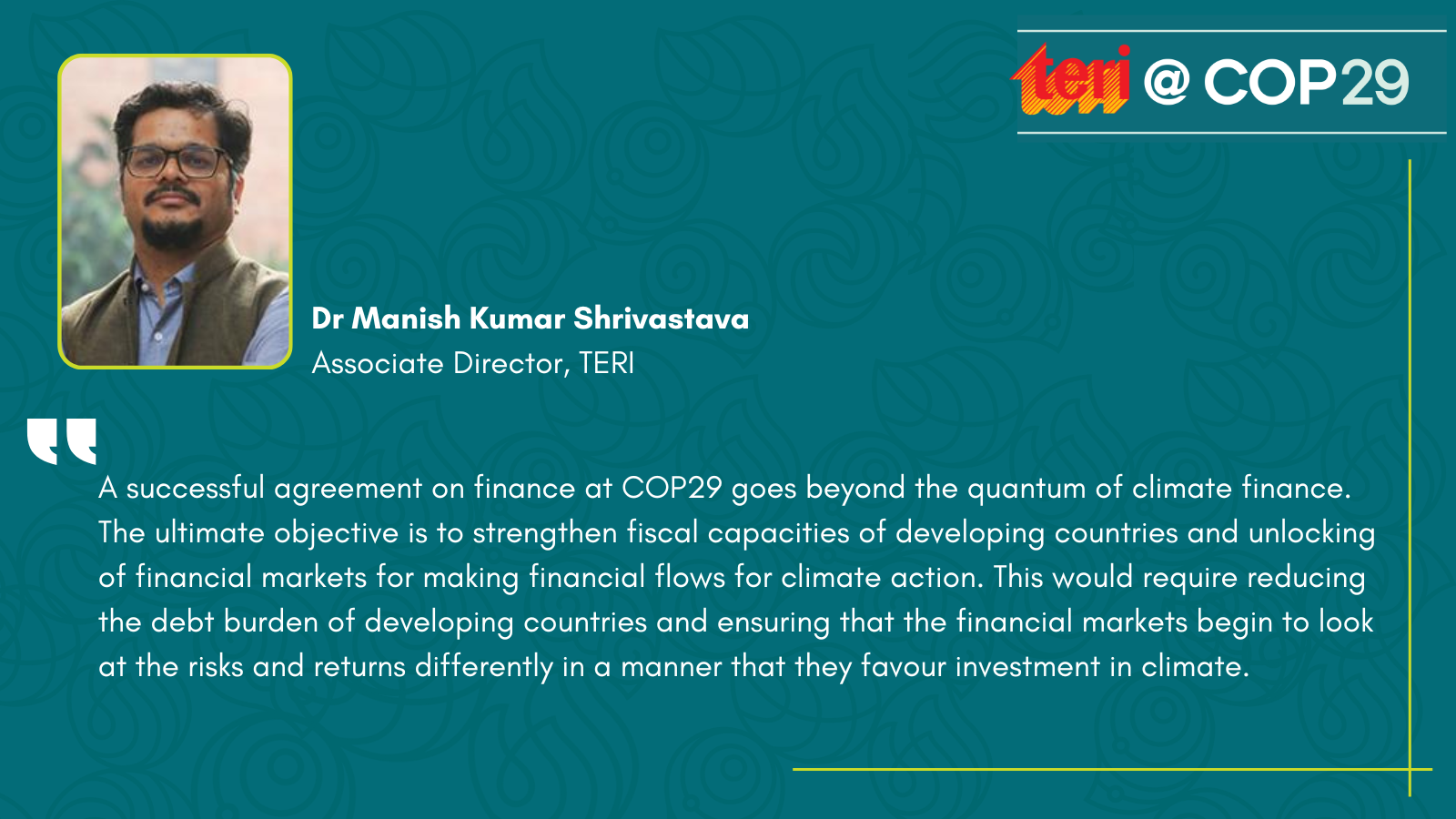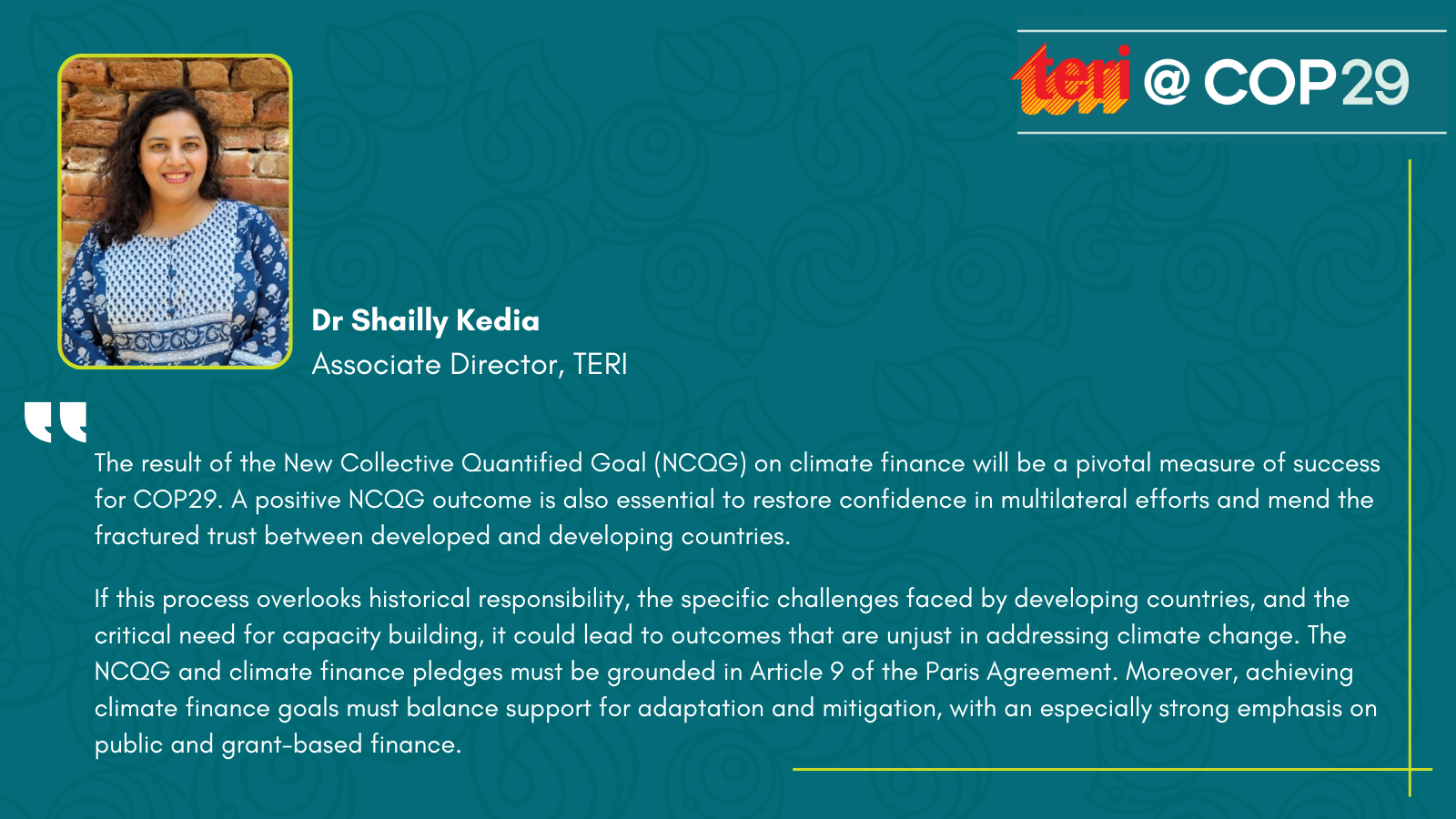
The 2024 United Nations Climate Change Conference (COP29), to be held in Baku, Azerbaijan from November 11–22, will focus heavily on climate finance and the countries’ updated national climate action plans. Themed ‘In Solidarity for a Green World,’ the conference’s priorities will include enhancing ambition, enabling action, ensuring inclusivity, and delivering equitable outcomes. Mukhtar Babayev, Azerbaijan's Minister of Ecology and Natural Resources, will preside over the conference, while Samir Nuriyev will head the Organizing Committee.
A key determinant of the success of COP29 agenda will be the establishment of the New Collective Quantified Goal on Climate Finance (NCQG), a central component of the Paris Agreement aimed at setting a more ambitious and realistic financial framework to support developing nations in their climate actions post-2025. The NCQG builds on the previous $100 billion target set in 2009 and seeks to address persistent gaps in climate finance, ensuring that the funds are accessible, equitable, and aligned with the specific needs of developing countries. As a top priority for the COP29 Presidency, developed nations are expected to take the lead in mobilising resources through various channels, fostering global partnerships, trust, and cooperation essential for the successful implementation of the Paris Agreement.
Azerbaijan’s presidency has emphasised the need to finalise a deal on the NCQG, focusing on developing countries and island states. The discussions will also highlight the importance of achieving just transitions in line with the 1.5°C global temperature target.
India, as a key player in the Global South, will play a significant role in shaping the discussions at COP29, particularly on climate finance. India has consistently advocated for a clear agreement on how developed countries will share the burden of providing climate finance to developing countries. India is pushing for $1 trillion per year, but developed nations are reluctant to shoulder the burden alone, putting pressure on expanding the contributor base. India’s stance is rooted in the principle of ‘common but differentiated responsibilities and respective capabilities,’ which asserts that developed nations should take greater responsibility in mobilising financial resources to support developing countries. India has also argued that the conference’s success should be evaluated based on whether developed countries meet their financial commitments. Indian negotiators have stressed that future climate finance goals should align with the Paris Agreement, which emphasises equity and sustainable development.
At COP29, India will continue to push for climate finance commitments that are adequate, transparent, and equitable. The country is also expected to advocate for the inclusion of the loss and damage fund, established at COP28, in the new climate finance target. As one of the leading voices for developing nations, India’s involvement will be critical in ensuring that the outcomes of COP29 reflect the needs and priorities of the Global South.
Key Takeaways from COP29
“The multilateral process has not emerged in a good light in this event. The declared goal is clearly a prisoner of the geopolitics of the present times and is paltry compared to the financing needs of mitigation and adaptation faced by the developing world. The USD 300 billion commitment of the developed world is further diluted by the inclusion of debt funds routed through multilateral developments banks.
“The only positive feature is that the developed countries have agreed to triple the amounts to be channelled through the Global funds like GCF, AF etc while recognizing the need to reform the institutions for easier access to finance and agreeing to drop the insistence on counting voluntary contributions of developing countries as part of NCQG.”
“That said, 2035 is still a decade ahead, and if the narrative of urgency in climate action is something we believe in globally, the landscape would hopefully evolve further in the interim, with modifications not only in the scale of finance mobilized, but also through partnerships and innovative ways of reducing cost of capital, de-risking investments in new and emerging technologies etc. that would allow greater action and co-operation among all Parties. Re-building trust and keeping in line with CBDR-RC principles is central to moving forward in the true spirit of solidarity,” she said.
“The COP29 outcome on the NCQG is minimal in quantum and delayed in timelines. Developed countries will provide USD 300 billion per year by 2035 through public and private finance, which is meagre compared to the needs of developing countries.”
Dr Shailly Kedia, Associate Director, TERI, said, “At COP29, the USD 300 billion climate finance mobilization goal by 2035 insulted the Global South. India exposed the betrayal, yet developed countries cling to tokenism and erode trust. Climate justice demands ambition, not excuses. Will COP survive this breach of trust, or will the Paris Agreement crumble under the weight of broken commitments?
“For the world’s most vulnerable countries, these trust breaches are not just frustrating—they are life-threatening. Climate finance is a key instrument that makes the (historical) polluters pay principle actionable. The NCQG’s reliance on private finance feels like building a house on shifting sands. Adaptation needs public and grant-based finance provisioning.”
TERI's Presence @ COP29
| Event Schedule | Event Title | TERI Speakers |
| November 11, 2024 13:30-14:45 AZT ISA Pavilion, Blue Zone | Making Solar the Energy Source of Choice - Building Resilient Supply Chains for Clean Energy Transitions in the Global South | Mr RR Rashmi Mr Arupendra Nath Mullick |
| November 11, 2024 16:45-18:15 AZT SE-4, Blue Zone | Global Risk Resilience Discourse and Adaptation | Mr RR Rashmi Ms Suruchi Bhadwal Mr Anshuman |
| November 12, 2024 15:30-16:30 AZT BCG, Blue Zone | Transformative Leadership for Climate Actions on Finance, Technology and International Cooperation | Dr Vibha Dhawan Mr RR Rashmi Mr Arupendra Nath Mullick |
| November 13, 2024 17:30-18:25 AZT Solar Hub, Blue Zone | SDG-Climate Synergies and Multilateralism: Implications for Energy Futures | Dr Vibha Dhawan Amb Manjeev Puri Ms Palak Khanna |
| November 13, 2024 18:00-19:00 AZT WGEO Pavilion, Blue Zone | Panel Session with IPCC Chair and Indian Business Leaders | Mr RR Rashmi Mr Arupendra Nath Mullick |
| November 14, 2024 10:00-11:00 AZT WGEO Pavilion, Blue Zone | Energy Sustainability as an Industry Growth Agenda to Shape Global South’s Climate Ambition | Dr Vibha Dhawan Mr RR Rashmi Mr Arupendra Nath Mullick |
| November 18, 2024 15:00-16:30 AZT SE-4, Blue Zone | Holistic approach to climate-resilient, just development: Translating evident into action | Dr Vibha Dhawan Mr Jiwesh Nandan Dr Manish Shrivastava |
| November 18, 2024 16:45-18:15 AZT Side Event 1, Blue Zone | Governance for Strengthening SDG-Climate Synergies | Dr Vibha Dhawan Dr Shailly Kedia |
Recent Events
TERI Policy Briefs
Expectations from COP29
TERI Delegates @ COP29
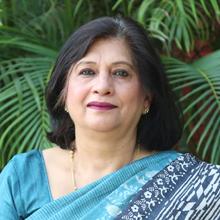
Dr Vibha Dhawan
Director General
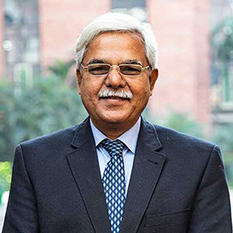
Mr R R Rashmi
Distinguished Fellow, Green Shipping
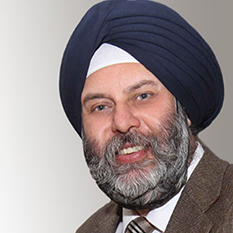
Mr Manjeev Singh Puri
Distinguished Fellow, Earth Science and Climate Change
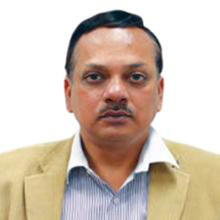
Mr Jiwesh Nandan
Distinguished Fellow, Industrial Energy Efficiency
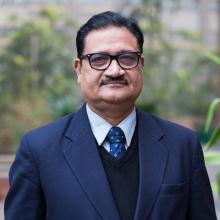
Dr Jitendra Vir Sharma
Senior Director, Water Waste and Natural Resources
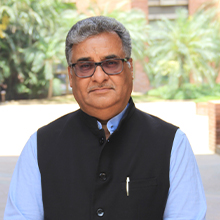
Mr Sanjay Seth
Senior Director, Sustainable Infrastructure
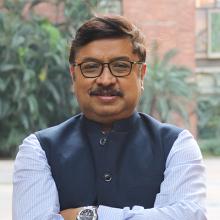
Dr Dipankar Saharia
Senior Director, Social Transformation & Strategic Alliance and Administrative Services & Regional Centres
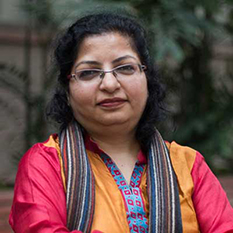
Ms Suruchi Bhadwal
Director, Climate Change and Air Quality
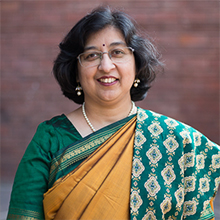
Dr Ritu Mathur
Director, Energy Assessment & Modelling
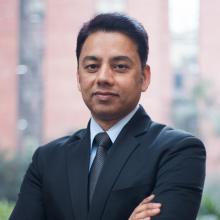
Mr Anshuman
Director, Water Resources
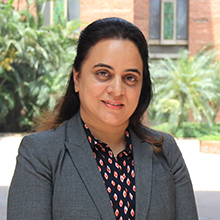
Ms Shabnam Bassi
Director, Sustainable Buildings

Dr Shailly Kedia
Associate Director, Sustainable Development and Outreach
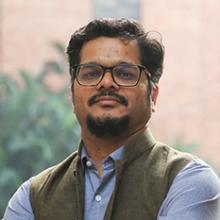
Dr Manish Kumar Shrivastava
Associate Director, Earth Science and Climate Change
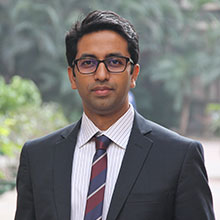
Mr Sharif Qamar
Associate Director, Transport and Urban Governance
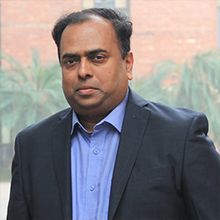
Dr Amit Kumar Thakur
Associate Director, Social Transformation and CSR

Dr Syed Arif Wali
Associate Director, Centre for Sustainable Land Management

Mr Arupendra Nath Mullick
Area Convenor, TERI Council for Business Sustainability
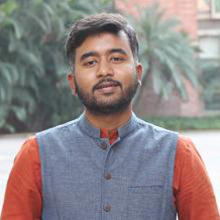
Mr Sayanta Ghosh
Associate Fellow, Land Resources
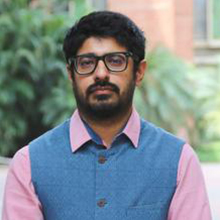
Mr Varun Grover
Associate Fellow, Land Resources
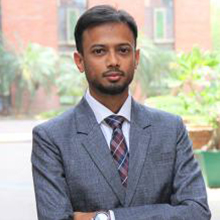
Mr Aniruddh Soni
Area Convenor, Centre for Biodiversity & Ecosystem Services

Dr Sanchit Saran Agarwal
Associate Fellow, Energy Assessment & Modelling
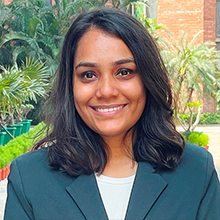
Ms Palak Khanna
Research Associate, Sustainable Development and Outreach
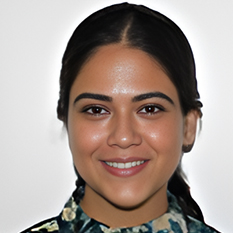
Ms Tanvi Khurana
Research Associate, Earth Science and Climate Change
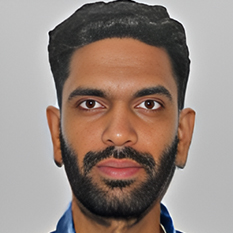
Mr K Sai Dinesh
Research Associate, Earth Science and Climate Change

